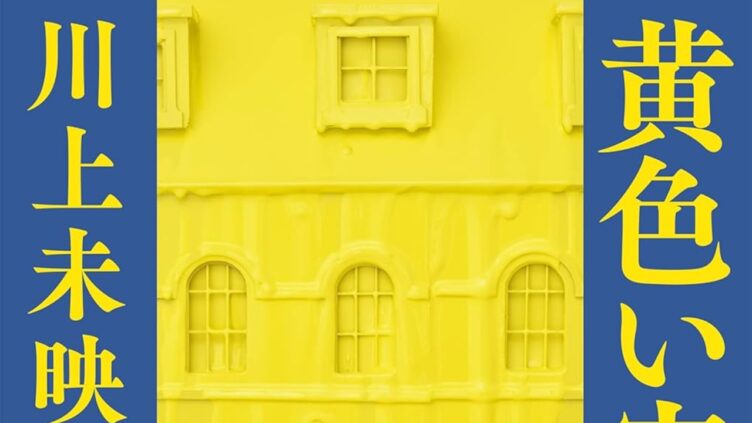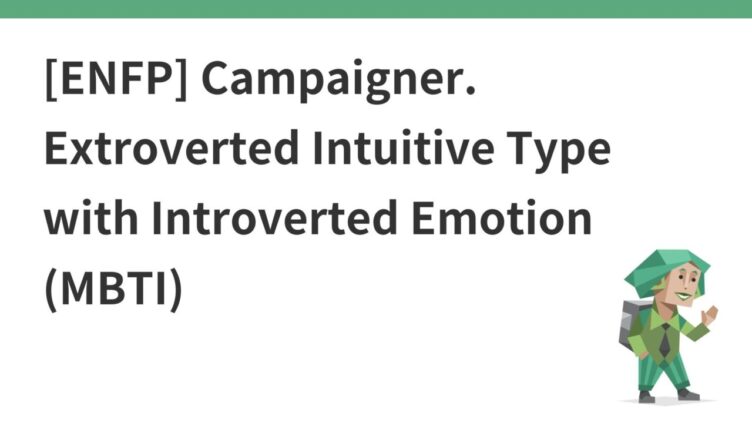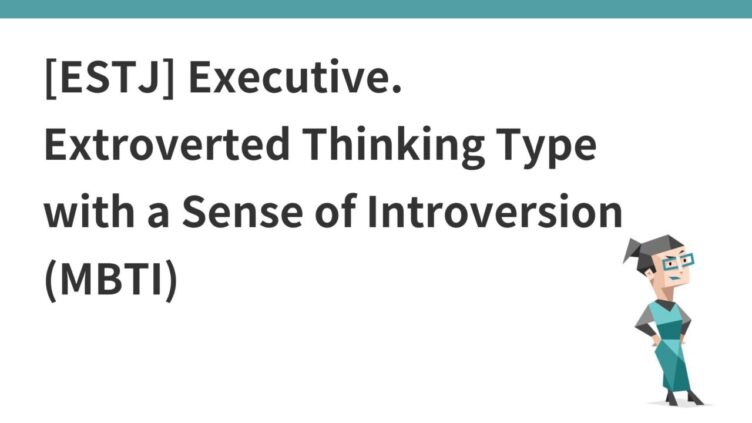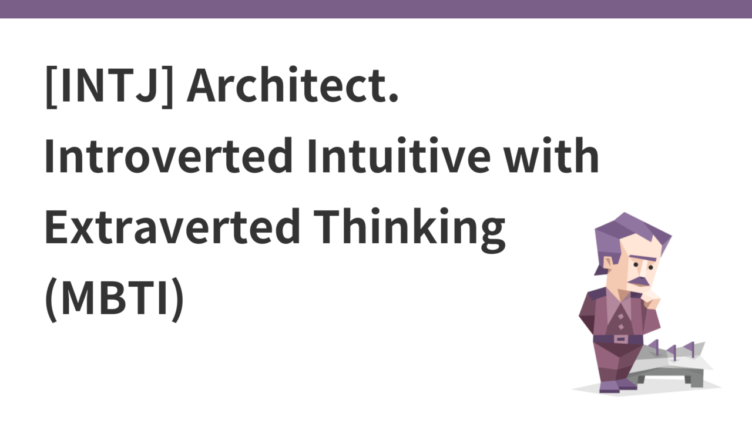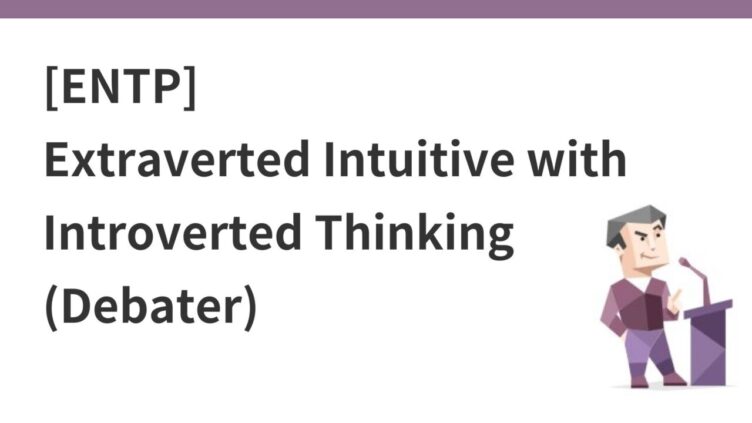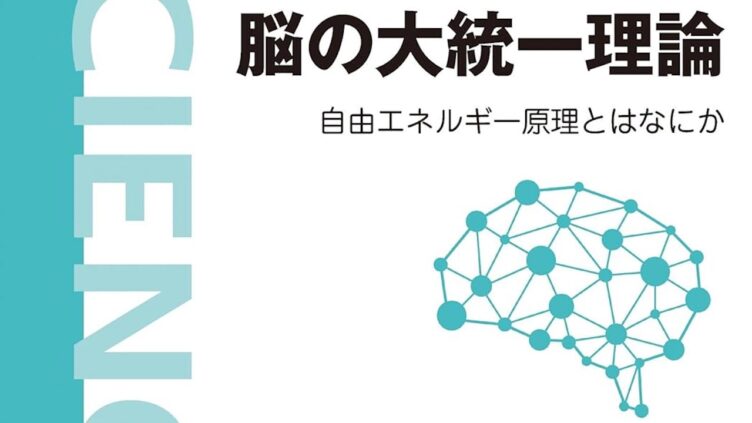
What is the Grand Unified Theory of the Brain, the Free Energy Principle?
I had been interested in this book, but it had been piled up in my reading pile, so I finally finished it this time. I found the book interesting in its perspective of trying to unify seemingly disparate brain activities such as sensation, movement, emotion, and mental illness from the perspective of free energy.

